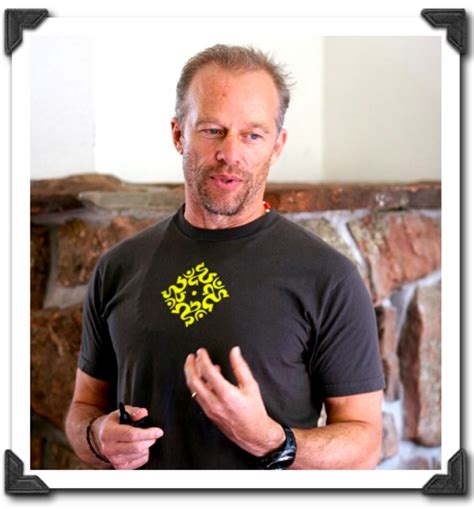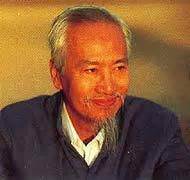A Quote by Rod Stryker
A little exposure to the philosophy of many Eastern spiritual traditions - including yoga - could easily lead you to conclude that if you aspire to achieve goals in the material world you cannot fulfill yourself spiritually, or vice versa. However, since all of us, at some level, long for fulfillment in all aspects of our life, it is essential to understand that these two aims are not mutually exclusive.
Quote Topics
Achieve
Aims
Aspects
Aspire
Cannot
Conclude
Could
Easily
Eastern
Essential
Exclusive
Exposure
Fulfill
Fulfillment
Goals
However
Including
Lead
Level
Life
Little
Long
Many
Material
Material World
Mutually
Mutually Exclusive
Our
Philosophy
Since
Some
Spiritual
Spiritually
Traditions
Two
Understand
Us
Versa
Vice
Vice Versa
World
Yoga
Yourself
Related Quotes
What does "living your best life" mean to you? Does it mean accumulating wealth and fulfilling all your material wants? Or, does it mean turning away from the material world in order to fully realize the gift of spirit? We often tend to think of these objectives as being mutually exclusive: material fulfillment or spiritual fulfillment, not both together.
..I sought a world philosophy-or an integral philosophy-that would believably weave together the many pluralistic contexts of science, morals, aesthetics, Eastern as well as Western philosophy, and the world's great wisdom traditions. Not on the level of details-that is finitely impossible; but on the level of orienting generalizations: a way to suggest that the world really is one, undivided, whole, and related to itself in every way: a holistic philosophy for a holistic Kosmos, a plausible Theory of Everything.
It's a common perception that science and religion are mutually exclusive. But there are many scientists who would consider themselves to be spiritual people. Not only that, but in the case of climate change - a scientific issue with strong moral implications and difficult decisions to be made - it's essential to connect the science to our values. And for many of us, our values come from our faith.
She looks at me out of the side of her uncovered eye. "Chess, Zombie: defending yourself from the move that hasn't happened yet. Does it matter that he doesn't light up through our eyepieces? That he missed us when he could have taken us own? If two possibilities are equally probable but mutually exclusive, which one matters the most? Which one do you bet your life on?
The only reason we really pursue goals is to cause ourselves to expand and grow. Achieving goals by themselves will never make us happy in the long term; it's who you become, as you overcome the obstacles necessary to achieve your goals, that can give you the deepest and most long-lasting sense of fulfillment.
If we are to achieve long-range goals, we must learn to set up and accomplish short-range goals that will move us along the way. If we do not consciously select our goals, we may be controlled by goals not of our own choosing - goals imposed by outside pressures (such as the expectations of others) or by our habits (such as procrastination) or by our desire for the approval of the world.
If yoga is about life, this means ALL life, not just part of it. Together, the spiritual and the material constitute the whole you, the whole of the experience of being human, and the nature of the universe in which you live. There may be no step more important to achieving ultimate fulfillment than accepting what the Vedas teach us about desires--that some desires are inpsired by your soul.
In some socialist states well-performed work is rewarded with moral stimulants instead of material ones. However, the moral stimulants cannot be explained by materialistic philosophy. It is the same case with the appeals for humanism, justice, equality, freedom, human rights, and so forth, which are all of religious origin. Certainly, everybody has the right to live as he thinks best, including the right not to be consistent with his own pattern. Still, to understand the world correctly, it is important to know the true origin of meaning and of the ideas ruling the world.
We Sioux spend a lot of time thinking about everyday things which in our minds are mixed up with the spiritual. We see in the world around us many symbols that teach us the meaning of life. We have a saying that the white man sees so little, he must see with only one eye. We see a lot that you no longer notice. You could notice if you wanted to, but you are usually too busy. We Indians live in a world of symbols and images where the spiritual and commonplace are one…We try to understand them not with the head but with the heart
































